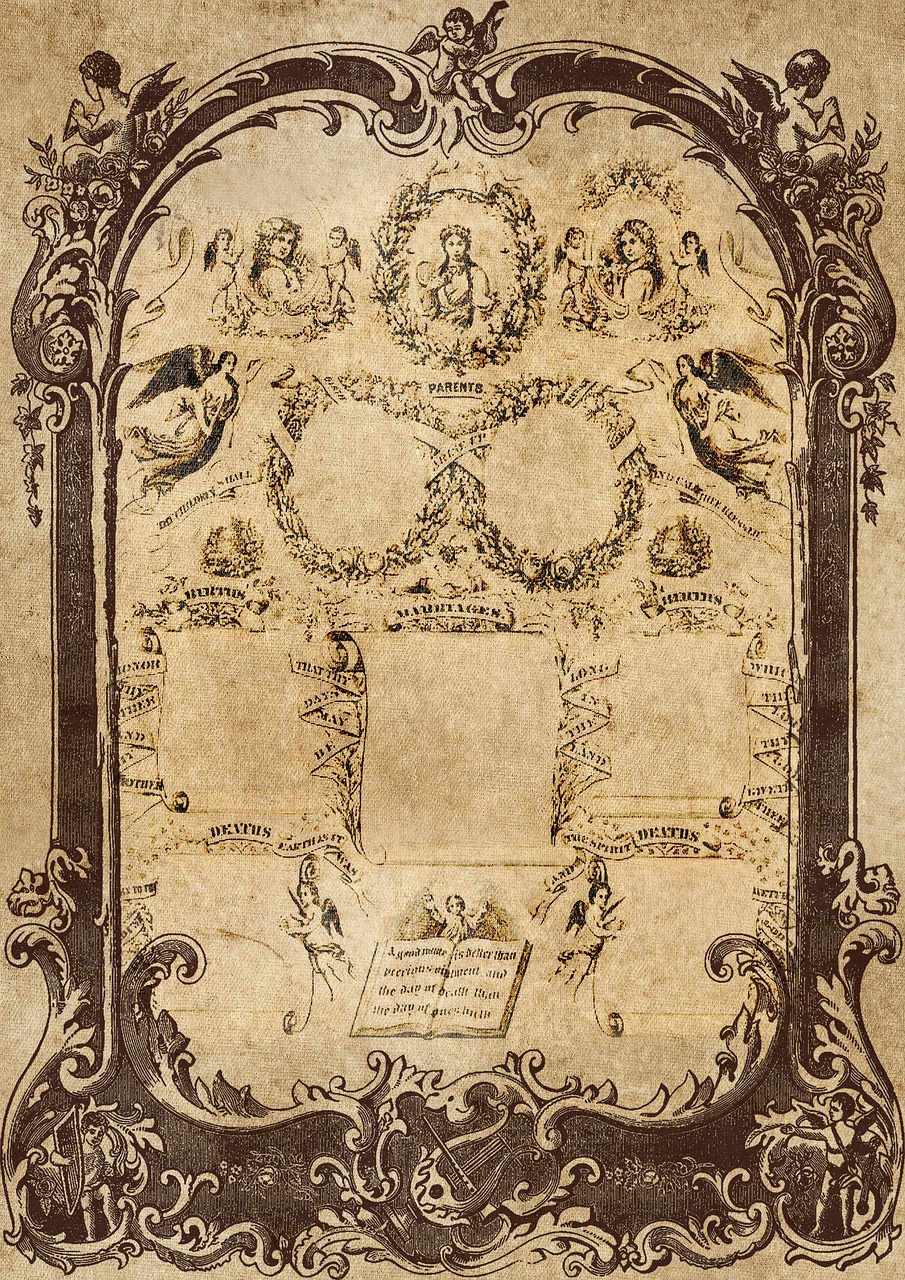Last updated on November 9, 2022
23 Jesus, when he began his ministry, was about thirty years of age, being the son (as was supposed) of Joseph, the son of Heli, 24 the son of Matthat, the son of Levi, the son of Melchi, the son of Jannai, the son of Joseph, 25 the son of Mattathias, the son of Amos, the son of Nahum, the son of Esli, the son of Naggai, 26 the son of Maath, the son of Mattathias, the son of Semein, the son of Josech, the son of Joda, 27 the son of Joanan, the son of Rhesa, the son of Zerubbabel, the son of Shealtiel,[a] the son of Neri, 28 the son of Melchi, the son of Addi, the son of Cosam, the son of Elmadam, the son of Er, 29 the son of Joshua, the son of Eliezer, the son of Jorim, the son of Matthat, the son of Levi, 30 the son of Simeon, the son of Judah, the son of Joseph, the son of Jonam, the son of Eliakim, 31 the son of Melea, the son of Menna, the son of Mattatha, the son of Nathan, the son of David, 32 the son of Jesse, the son of Obed, the son of Boaz, the son of Sala, the son of Nahshon, 33 the son of Amminadab, the son of Admin, the son of Arni, the son of Hezron, the son of Perez, the son of Judah, 34 the son of Jacob, the son of Isaac, the son of Abraham, the son of Terah, the son of Nahor, 35 the son of Serug, the son of Reu, the son of Peleg, the son of Eber, the son of Shelah, 36 the son of Cainan, the son of Arphaxad, the son of Shem, the son of Noah, the son of Lamech, 37 the son of Methuselah, the son of Enoch, the son of Jared, the son of Mahalaleel, the son of Cainan, 38 the son of Enos, the son of Seth, the son of Adam, the son of God.
Why is this passage here? It’s not exactly sermon material. It’s the kind of passage we all skip over real quick on the way to the “feel good stuff,” as it were. But every word of the Bible matters, and these genealogies – which appear throughout Scripture – are no exception. First, though, we seem to have a problem. The Gospel of Matthew also has a genealogy of Jesus. But in the time between King David and Jesus, the two genealogies seem to tell different stories. I had never noticed this before, but I find the following note in my ESV Study Bible on this passage to be very interesting. I’ve provided it below (abridged):
“Whereas Matthew traces Jesus’ lineage from Abraham to emphasize Jesus’ Jewish heritage, Luke traces it back to Adam to show that Jesus is the fulfilment of the hopes of all people (cf. Acts 17:26). In addition to some minor differences and gaps, the genealogies in Matthew and Luke differ significantly in the period from David to Jesus, even naming different fathers for Joseph (Jacob in Matt 1:16; Heli in Luke 3:23). Both Matthew and Luke are evidently depending on detailed historical records, and various suggestions have been proposed to explain the differences: (1) an old suggestion is that Matthew traces Joseph’s ancestry while Luke traces Mary’s ancestry. But very few commentators defend this solution today, because 1:27 refers to Joseph, not Mary, and taking 3:23 as a reference to Mary’s ancestry requires the unlikely step of inserting Mary into the text where she is not mentioned but Joseph is mentioned. (2) The most commonly accepted suggestion is that Matthew traces the line of royal succession (moving from David to Solomon; Matt. 1:6) while Luke traces Joseph’s actual physical descent (moving from David to Nathan, a little-known son mentioned in 2 Sam 5:14; Luke 3:31), and both lines converge at Joseph. Then there are various explanations for the two different people named as Joseph’s father. In most proposed solutions, they are thought to be different people and a second marriage is assumed (sometimes a levirate marriage), so that Joseph was the legal son of one but the physical son of the other, and thus there are two lines of ancestry for the two men. (3) Some commentators have suggested that Heli was Mary’s father, but there were no male heirs in her family, so Heli adopted Joseph as his ‘son’ when Mary and Joseph were married. Although the genealogies in Matthew and Luke differ in their organizing principles, both of these genealogies emphasize that Jesus was the ‘son of David’ (Luke 3:31; cf. Matt. 1:6) Luke further emphasizes the virgin birth (cf. 1:34-35) with the phrase ‘being the son (as was supposed) of Joseph’ (3:23).”
I personally find the second explanation to be the most compelling and the contrast to be striking. The point here is that whether you trace Jesus’ lineage Matthew’s way or Luke’s way, you still end up with solid evidence that God keeps his promises, and that the covenant He made with David has been kept. Despite all these centuries when this or that generation could have been wiped out by war, exile, murder, disease, or whatever…God kept his promise. He guarded the line that would end with His own Son.
Jesus is the Messiah and the long awaited Savior. He is the King of Kings and the Lord of Lords. He is the Son of God (hence the end of the genealogy with “God” in v. 38). So even in these seemingly mundane details provided in the Bible, God’s love shows through. He is the God who always, always keeps his promises.

Comments are closed.